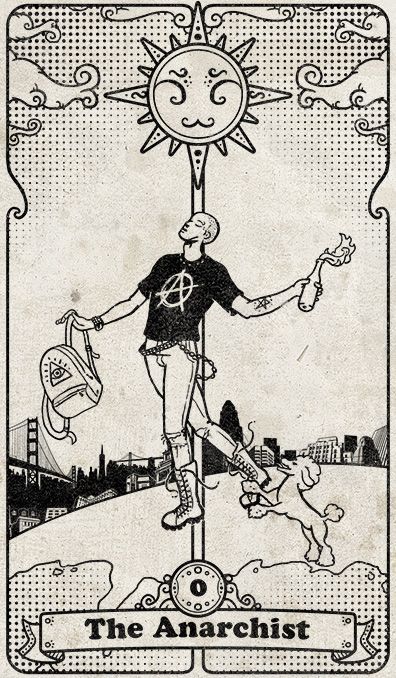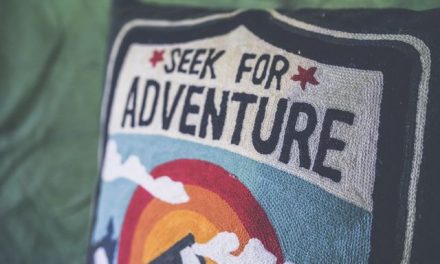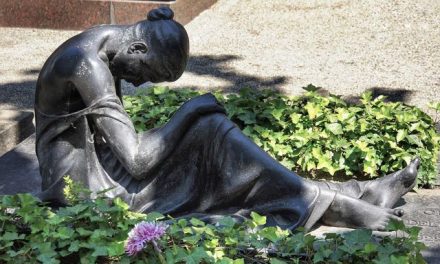[fusion_builder_container hundred_percent=”yes” overflow=”visible”][fusion_builder_row][fusion_builder_column type=”1_1″ background_position=”left top” background_color=”” border_size=”” border_color=”” border_style=”solid” spacing=”yes” background_image=”” background_repeat=”no-repeat” padding=”” margin_top=”0px” margin_bottom=”0px” class=”” id=”” animation_type=”” animation_speed=”0.3″ animation_direction=”left” hide_on_mobile=”no” center_content=”no” min_height=”none”]
By Ty H. Phillips
I go to the park at least three times a week.
It’s a ritual. It has been a part of my habit and sanity for the past four years and I walk the same trails every time. They have become friends—companions in my solitude. They offer a warmth and comfort that is not matched by anything else.
Recently though, I’ve neglected the forest. It’s not for lack of going but for lack of awareness when I am there. I get out of the car, slide my key into the side pocket of my camo shorts and make my way around the 3.2 mile trail that I have done hundreds of times.
Lately though, I am back at the car before I realize the walk is over. My usual awareness of step and mantra, bird and song, has been absent.
Yesterday however, was different. I started with the mantra and step before I allowed my mind to run off with worry and agitation. I heard the familiar crunching of gravel and dirt beneath my sandaled feet. I stopped when the sound became awareness once again and I just stood there. I looked up at the canopy above me and watched as squirrels jumped with abandon from a hundred feet in the air.
The wind would pick up and the dry pine needles would shower down on the green leaves and sound like rain, their dry inchworm-like bodies trickling across the green, sun-catching finger-tips of mighty oaks. I sat down on a log and just watched and listened for what seemed like an hour.
I was content.
As I began to move once again, my eyes were not lost on my steps, they were instead aware of what was around me. My breath was slowing and my mind was still. Everything I had been missing these past several months was present with me again, or I with it.
This reminder brought me full force back into my practice, one that had sadly been heavily neglected as I wallowed in my angst and sorrow. I began to realize the suffering I was experiencing was again, real, but largely because of my own clinging to the notion of that suffering. I was refilling a well that I was drowning in.
I sat again, the clear blue sky poking between breaks in the tree-tops and as I did the feeling of open awareness became a feeling of wholeness.
Why had I lost this? How had I lost this? After years of teaching and writing and helping others with it, why was I struggling so much? As with most things it was a matter of choice and focus.
Yes, I have a history of depression and anxiety but it hasn’t always been a central locus. I had allowed it to become so again out of fear of change (umm, hello, impermanence 101) and breaking long-held habits and rituals that kept me feeling sound. Instead of living life and embracing that change, I had started seeing life and avoiding engagement with it.
I think it likely that this is something we all tend to do. We get caught up in something instead of being aware of all things. We allow ourselves to become lost in worry and fear and miss entirely the moments we have within reach and in hand.
I certainly had.
This is why mindfulness is so key in Buddhist practice. The Buddha spoke of a sick body and mind being an obstacle. It wasn’t because we couldn’t pursue the path even with these issues, but that it would be more likely that we would not pursue the path because our attention was on our suffering instead of our ability to heal.
Following the path is very much like beginning a new relationship. We learn the process of allowing ourselves to become uprooted and free of habit and mental ritual in order to embrace moments instead of trying to always direct and control them. There is however, a dark side to that.
We can ruin that new relationship because we may cling to our past experiences instead of allowing what is in front of us to simply unfold. Accepting impermanence and holding an openness to being unrooted can be terrifying. Yet, learning this can also be the way toward healing.
Rather than meandering through unaware, we can choose to watch and embrace each step on the path as we walk.
Photo: (source)
Editor: Dana Gornall[/fusion_builder_column][/fusion_builder_row][/fusion_builder_container]
Comments
- Zen Master Yunmen: His Life and Essential Sayings {Book Review} - July 22, 2018
- Zen in the Age of Anxiety {Book Review} - June 28, 2018
- I Have a Chronic Illness (Again) & This is How I am Dealing with It - June 19, 2018





